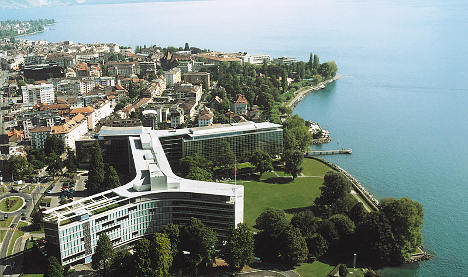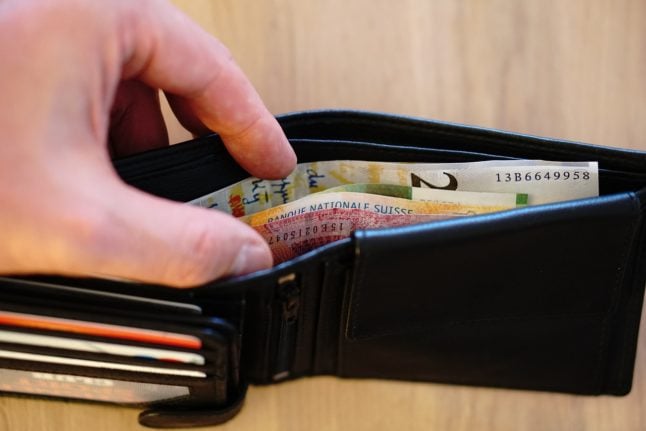The maker of Nespresso and KitKat chocolate bars reported profits of 4.1 billion Swiss francs (4.1 billion euros, $4.5 billion) for the first six months of the year, 2.5 percent lower than during the same period in 2014.
The dip was attributed largely to the high value of the Vevey-based company's local Swiss currency.
Nestle said first semester revenues of 42.8 billion Swiss francs were also slightly lower than last year's 42.9 billion, also a result of exchange rate effects.
The figures were modestly lower than results expected by analysts, who had forecast profits of 4.7 billion Swiss francs and revenues of 43 billion.
Based on comparable currency levels, however, Nestle said sales had increased by 4.5 percent, bettering analyst expectations of 4.2 percent.
First half results of the world's largest food producer by sales were also affected by the withdrawal of popular Maggi instant noodles from India in June over contamination concerns, an operation that Nestle had previously said cost 44.5 billion euros.
MONEY
Nestle profits dip after instant noodle recall
Swiss food giant Nestle announced on Thursday slightly lower first half profits compared to last year, with the strong Swiss franc and the recall in India of Maggi instant noodles undercutting robust sales.
Published: 13 August 2015 10:45 CEST

Nestle is headquartered in Vevey, Switzerland. Photo: Nestle
Url copied to clipboard!


 Please whitelist us to continue reading.
Please whitelist us to continue reading.
Member comments